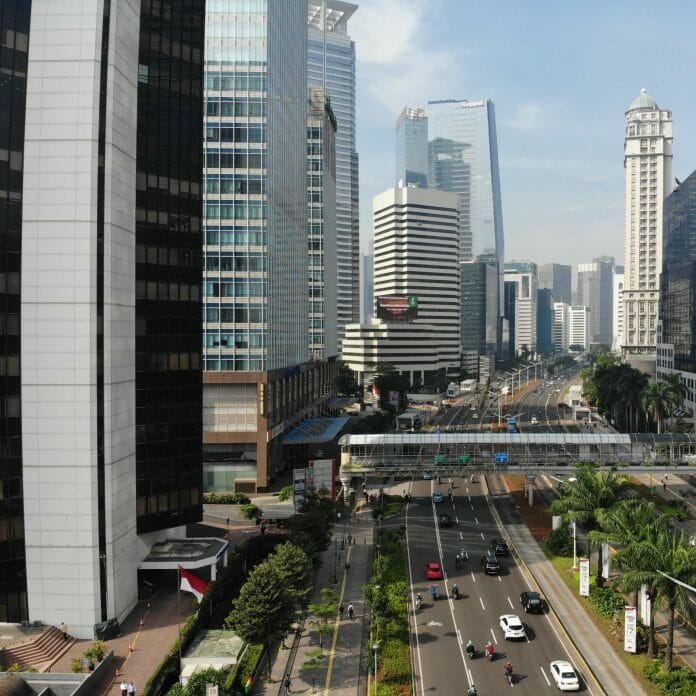RHB Research has released its Market Outlook: Regional Strategy report dated July 27, 2022. In the said report, it warns that “more volatility ahead.”
Expectations for a more persistent inflationary picture is forcing the US Federal Reserve (US Fed) to double down on its hawkish pivot, leading to rising fears of a policy error and whether the hope for a soft landing can be achieved. Expectations for an inflation peak have now moved well into 2H22 even as multiple rate hikes loom, together with the US Fed’s balance sheet deleveraging (QT) implies at a minimum, below trend growth for the US and the global economy in 2023, coupled with a stronger USD. Investors also need to keep tabs on the 20th National Congress of the Communist Party in China that is expected to endorse a third term for President Xi Jinping. Indonesia remains as the top country pick followed by Singapore for Regional Strategy.
Indonesia. Indonesia’s economy is still recovering from the pandemic, with private consumption and private investment driving growth. However, the pace of recovery may be slowed by rising inflation, which would reduce consumer spending. Given the current headwinds, the JCI is likely to be volatile in 3Q22. Defensive sectors such as consumer staples,
infrastructure, and telecommunications are preferred. Following the recent sell-off, banking stocks’ valuations have become more appealing. Increased spending in the State Budget should benefit the construction sector. O&G and related sectors should benefit from the commodity price rally.
Malaysia. The economic re-opening is now in the price although forward visibility on prospective business and economic conditions remain murky. Clear upside risks remain scant while the fragility of domestic public finances will drag on sentiment, amid populist policies given the impending general election. Investors will remain guarded and inclined to hold higher levels of cash especially as forward valuations are potentially unreliable. Companies with robust balance sheets and cash flows, USD earners, pricing power, a captive customer base and a strong ESG profile are preferred. The research house also advocates a core defensive stance, coupled with a trading mentality.
Singapore. While the research house is wary of growing macroeconomic risks, benefits from economic reopening, safe haven status of Singapore as a country and its currency as well as compelling valuations should help the STI outperform most regional markets. It is expected inflation to moderate by year-end and debt level remains manageable. EPS for the research house coverage universe should grow by 13% in 2022. Investors should buy banks; build exposure to economic reopening plays; hold stock of companies with resilient earnings; and rotate into defensive REITs.
Thailand. Geopolitical issues may overtake downside factors related to the COVID-19 pandemic. Supply chain disruptions, commodity price rallies, and, now, fears over inflation pose growing threats to global economic growth. A recent drop in commodity prices has raised hope that inflation may be toning down soon. It is believed Thai equities are still pricing in these external uncertainties, as well as the interest rate hikes – implying that economic and corporate earnings growth may cool down. The research house holds the view that further downside risks may emerge.









